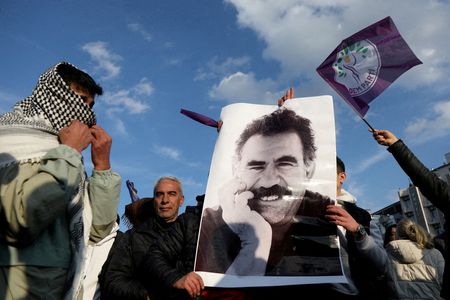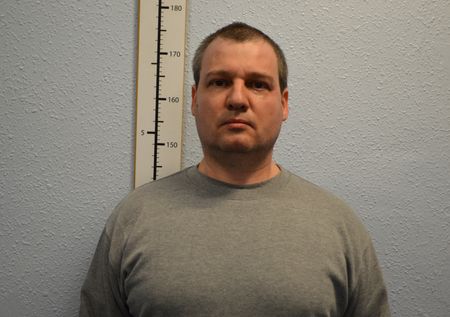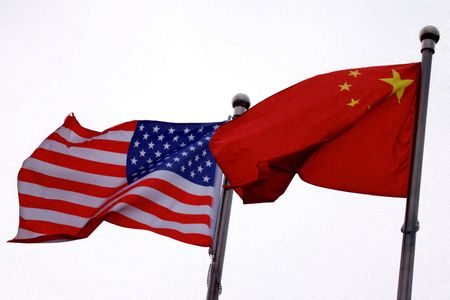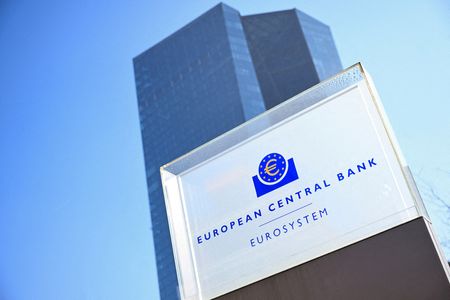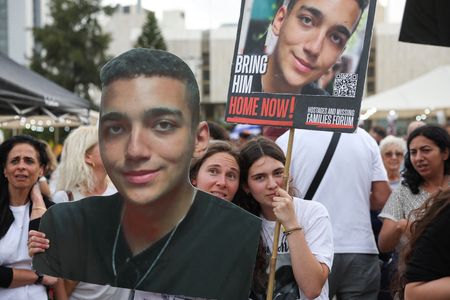By Daren Butler and Ece Toksabay
ISTANBUL (Reuters) – The Kurdistan Workers Party (PKK) militant group, which has been locked in bloody conflict with Turkey for more than four decades, has decided to disband and end its armed struggle, group members and Turkish leaders said on Monday.
Since the PKK launched its insurgency in 1984 – originally with the aim of creating an independent Kurdish state – the conflict has killed more than 40,000 people, exerted a huge economic burden and fuelled social tensions.
The PKK’s decision, at a congress last week, could boost NATO member Turkey’s political and economic stability and encourage moves to ease tensions in neighbouring Iraq and Syria, where Kurdish forces are allied with U.S. forces.
The dramatic announcement comes as Turkish President Tayyip Erdogan seeks to capitalise on what he sees as the vulnerabilities of affiliated Kurdish forces in Syria after the fall of former President Bashar al-Assad to Turkey-backed rebels in December.
It also comes amid the group’s increasingly weakened position in northern Iraq, where it is based, after having been pushed out of Turkey and well beyond its borders.
While Ankara welcomed the decision to dissolve, it does not guarantee peace. Rather it paves the way for agreeing a tricky legal framework for securely disarming the PKK, which is designated a terrorist group by Turkey and its Western allies.
“The PKK 12th Congress decided to dissolve the PKK’s organizational structure… and end the armed struggle,” Firat news agency reported it saying as it closed a congress.
A PKK official confirmed the decision and said all military operations would cease “immediately”, adding weapon handovers were contingent on Ankara’s response and approach to Kurdish rights, and the fate of PKK fighters and leaders.
Kurds make up some 20% of Turkey’s 86 million population.
The PKK held the congress in response to a February call to disband from its jailed leader Abdullah Ocalan, who has been imprisoned on an island south of Istanbul since 1999. It said on Monday that he would manage the process.
However, it was not clear whether Ankara agreed to Ocalan’s continued role, which polls suggest could be unpopular among Turks. Nor were details available on how the disarmament and breakup of the PKK would happen in practice.
Turkish Foreign Minister Hakan Fidan said the PKK decision was of “historic importance” and could bring “lasting peace and stability” for all peoples of the region.
“There are practical steps that will be taken and we will follow those closely,” he told a press conference alongside the Syrian and Jordanian foreign ministers in Ankara on Monday.
REGIONAL FALLOUT
It was also unclear how the process would affect the Kurdish YPG militia in Syria, if at all. YPG leads a U.S.-allied force against Islamic State there and is regarded by Turkey as a PKK affiliate.
YPG has previously said Ocalan’s call did not apply to it, contradicting Ankara’s view. It did not immediately comment on the PKK’s announcement.
The disbanding will give Erdogan a chance to boost development in Turkey’s mainly Kurdish southeast, where the insurgency has impaired the regional economy for decades.
In its statement, the PKK said it “has completed its historic mission,” which over the years shifted to seeking greater Kurdish rights and limited autonomy in southeast Turkey, rather than an independent state.
“The PKK struggle has broken the policy of denial and annihilation of our people and brought the Kurdish issue to a point of solving it through democratic politics,” it said on the Firat news website, which is close to the group and showed images of PKK members at the congress in fighter fatigues.
Turkey has hit PKK fighters and bases with regular drone and other military strikes deep inside Iraq in recent years, squeezing the group that in 2015-2017 had carried out a series of deadly bombings in Ankara, Istanbul and other Turkish cities.
DOMESTIC POLITICS
The pro-Kurdish DEM Party, Turkey’s third largest, played a key role facilitating Ocalan’s peace call. Tayip Temel, a deputy party leader, told Reuters the PKK decision was significant for Kurdish people and the Middle East as a whole.
“It will also necessitate a major shift in the official state mentality of Turkey,” he said.
Analysts have said Erdogan, who has made repeated efforts in the past to end the conflict, is focused on the domestic political dividends that peace could bring as he looks to extend his two-decade rule beyond 2028 when his term expires.
The PKK decision comes amid tumult in Turkish politics: Istanbul’s opposition mayor Ekrem Imamoglu, Erdogan’s main challenger, was jailed in March pending corruption charges in a move that sparked the country’s largest protests in a decade.
The lira was flat at 38.764 to the dollar after the PKK announcement while Istanbul-listed shares rose more than 3%.
Some welcomed the news in the southeast’s largest city Diyarbakir, where distrust of the government among many Kurds had eroded hopes that the peace process would be successful.
“It is really important that people do not die anymore, that the Kurdish problem is solved in a more democratic structure,” said Hasan Huseyin Ceylan, 45.
There have been intermittent peace efforts over the years, most notably a ceasefire between 2013 and 2015 that ultimately collapsed.
Ending the insurgency would remove a constant flashpoint in Kurdish-run, oil-rich northern Iraq, while facilitating efforts by Syria’s new administration to assert greater sway over areas in northern Syria controlled by Kurdish forces.
Ocalan’s call was prompted by a surprise proposal in October by Devlet Bahceli, Erdogan’s ultra-nationalist ally. It had been welcomed by the United States, the European Union and also by Iraq and Iran, which have significant Kurdish populations.
(Additional reporting by Tuvan Gumrukcu and Huseyin Hayatsever in Ankara, and Ahmed Rasheed in Baghdad; Editing by Jonathan Spicer and Alexandra Hudson)

